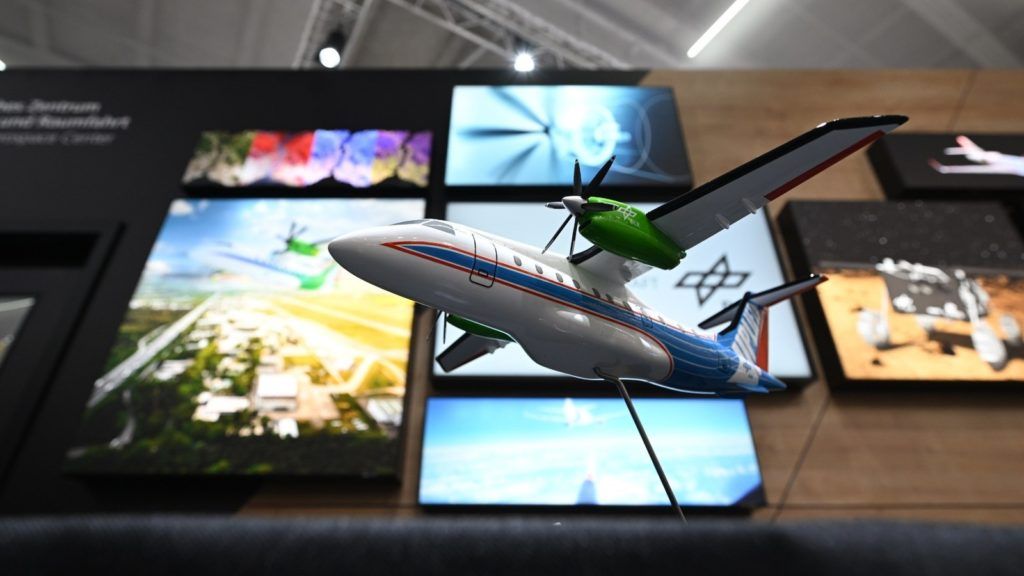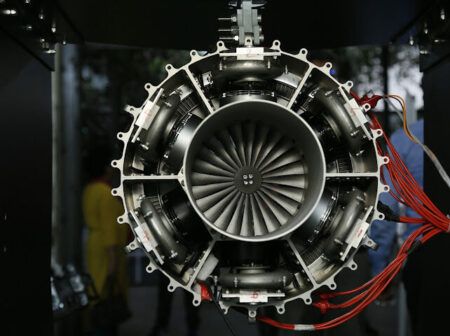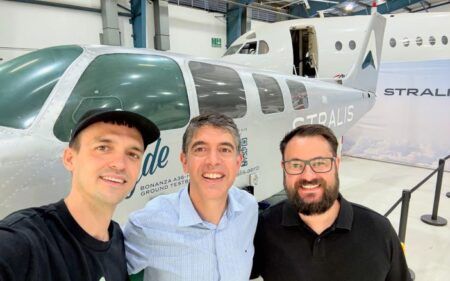Deutsche Aircraft is to convert a D328 aircraft for the German Aerospace Centre to use as a flying test lab for hydrogen propulsion.
The procurement, conversion and use of the D328 as a flying testbed is part of the German Government-funded UpLift project, which aims to research hydrogen propulsion technologies for aircraft.
The German Aerospace Centre (DLR) will act as the project manager for UpLift while Deutsche Aircraft is one of the project partners and will contribute its knowledge as an aircraft manufacturer.
The Dornier 328 (D328) is a 30-seat regional turboprop aircraft that entered service in 1993. Although manufacturing of the aircraft stopped around 18 years ago, Deutsche Aircraft plans to restart production in Germany with a revamped version called the D328eco, flight testing of which should start next year.
According to Deutsche Aircraft the D328 is particularly suitable for assessing innovative propulsion technologies because it has a wide stand-up cabin which allows for various modular options.
The turboprop also has a 30,000ft flight ceiling, an upgradeable flight deck, the option to convert to 100% SAF, and strong field performance.
Jasmin Eberharter, head of research and technology programs at Deutsche Aircraft, said, “The path towards climate-neutral flights is a joint effort between the whole aviation ecosystem. With UpLift, aviation experts have a significant opportunity to join forces across science and industry, further contributing and accelerating sustainable aviation.”
Anke Kaysser-Pyzalla, chairwoman of the DLR executive board said, “The D328 UpLift research aircraft will perfectly complement DLR’s research fleet as a flying test laboratory for hydrogen technologies and pave the way for a new generation of climate-compatible aircraft in the regional aircraft class.
“This new fleet member, in close partnership with the aviation industry, the air transport industry as well as SMEs and start-ups, gives DLR the opportunity to test disruptive approaches in the development of new propulsion systems including hybrid-electric concepts based on hydrogen technologies and novel fuels up to the flight test stage.”





